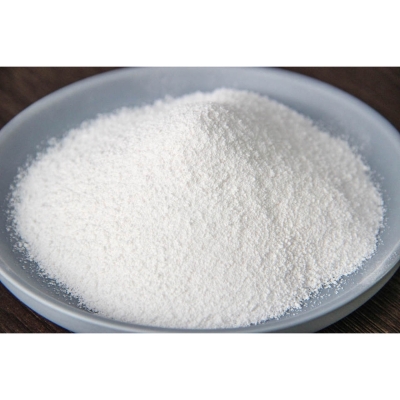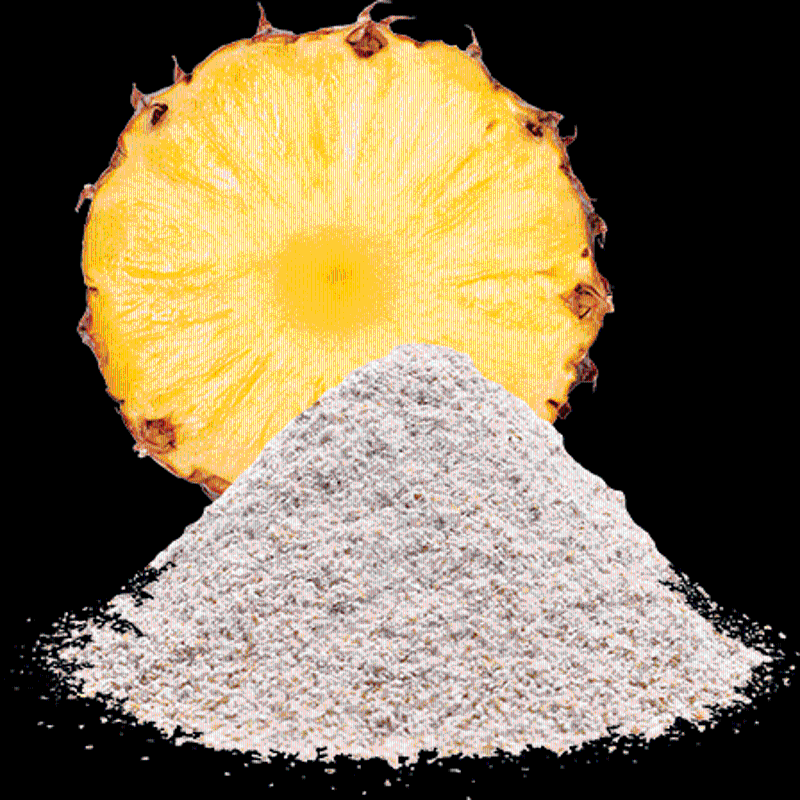-
Categories
-
Pharmaceutical Intermediates
-
Active Pharmaceutical Ingredients
-
Food Additives
- Industrial Coatings
- Agrochemicals
- Dyes and Pigments
- Surfactant
- Flavors and Fragrances
- Chemical Reagents
- Catalyst and Auxiliary
- Natural Products
- Inorganic Chemistry
-
Organic Chemistry
-
Biochemical Engineering
- Analytical Chemistry
-
Cosmetic Ingredient
- Water Treatment Chemical
-
Pharmaceutical Intermediates
Promotion
ECHEMI Mall
Wholesale
Weekly Price
Exhibition
News
-
Trade Service
In a study recently published in "Aging", researchers from the University of Jena in Germany, ETH Zurich in Switzerland and Huazhong Agricultural University came to the latest conclusion that the catechins in green tea not only did not inhibit the Oxidative stress, but instead promotes oxidative stress in the short term
Previous clinical trials and epidemiological studies have shown that drinking green tea has health benefits, including lowering blood pressure, blood sugar, blood lipids, and weight loss
In this study, the researchers tested whether a concentration of 2.
Subsequently, experiments in isolated mouse liver mitochondria showed that EGCG and ECG inhibited mitochondrial complex I activity
Taken together, inhibition of mitochondrial complex I again proved to be a powerful tool for promoting lifespan extension pathways
"This means that green tea catechins are not actually antioxidants, but pro-oxidants, which can stimulate the body to improve self-protection," said the study's corresponding author, Professor Michael Risto, Center for Energy Metabolism, Department of Health Science and Technology, ETH.
Risto is not surprised that this mechanism works
"So the catechins in green tea would work in a similar way, which makes sense to me," Risto explained
(Source: China Biotechnology Network)
"China Food News" (07 edition on November 11, 2021)
(Editor-in-charge: Yuan Guofeng)







